The country & thematic pages produced by the European Commission's Civil Protection and Humanitarian Aid Operations department provide overviews on specific themes or geographical areas.
All pages listed below are updated regularly, with their latest revision date indicated on each page.
Filtrer par
Pages pays et thématiques (95)
RSS
La Corée du Nord est exposée à des catastrophes naturelles récurrentes allant de sécheresses prolongées et de graves inondations à des typhons occasionnels.

Le Corps médical européen permet une assistance médicale rapide et une expertise en matière de santé publique de tous les États membres de l’UE et des...

Des millions de personnes du monde entier souffrent dans l’ombre. La survie d’un grand nombre d’entre elles dépend de l’aide internationale. Elles ont, malgré tout, été oubliées par les médias et par les bailleurs de fonds internationaux, une situation qui a conduit à un manque de financements et d’efforts pour faire face à leur condition.

Les catastrophes naturelles peuvent avoir des conséquences dramatiques pour les villes et les populations urbaines. Étant donné l’urbanisation galopante à l’échelle mondiale, les aléas naturels et les crises liées aux déplacements augmentent dans les milieux urbains à forte densité de population.
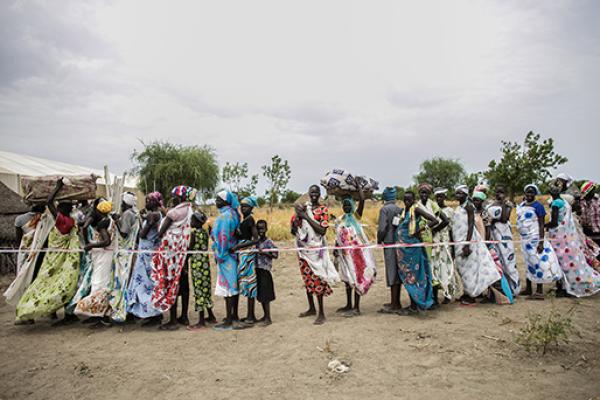
Chaque année, des millions de personnes sont contraintes de quitter leur foyer en raison de conflits, de violences, de violations des droits de l’homme, de persécutions, de catastrophes et des impacts du changement climatique.

Le secteur de l’eau, de l’assainissement et de l’hygiène (WASH) est un des trois principaux domaines de l’action humanitaire, avec l’alimentation et la santé.
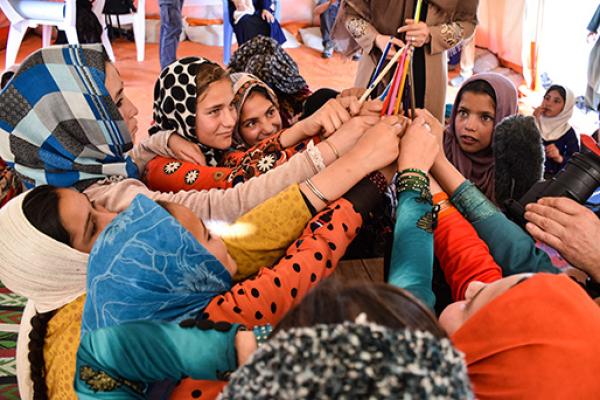
Children’s right to quality education does not stop in times of humanitarian emergencies. With its policy on education in emergencies and protracted crises, the EU aims to minimise the impact of crises on children’s learning.
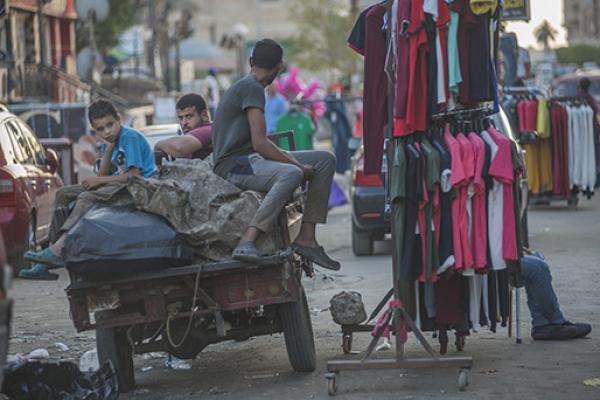
Since April 2023, a significant number of people fleeing the conflict in Sudan have entered Egypt through its southern border while other refugees already in the country continue to face the challenges of prolonged displacement.
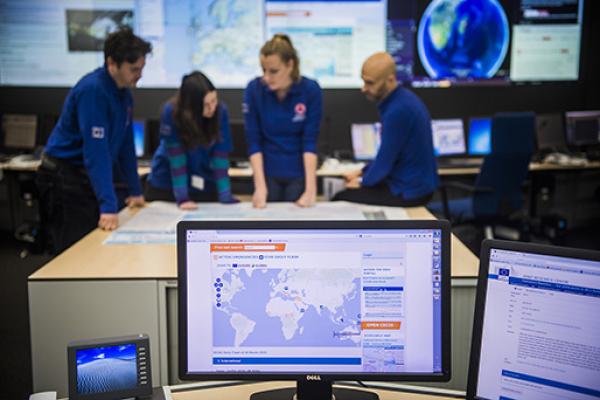
The Emergency Response Coordination Centre (ERCC) is the heart of the EU Civil Protection Mechanism. It coordinates the delivery of assistance to disaster-stricken countries,

The humanitarian situation in Ethiopia remains dire, with multiple overlapping crises, including conflicts, natural hazards, and epidemic outbreaks.

In October 2001, the European Commission established the EU Civil Protection Mechanism. The Mechanism aims to strengthen cooperation between the EU countries and 10 participating states on civil protection to improve prevention, preparedness, and response to disasters.

The Ebola virus disease is a severe and often fatal illness in humans. It is caused by a zoonotic virus that passes from animals to humans, spreading then further through human-to-human transmission.

The EU established the European Civil Protection Pool (ECPP) to advance European cooperation in civil protection. Its objective is to enable a faster, better-coordinated, and more effective European response to both human-induced disasters and natural hazards.

The European Union is a safe place to live, but even here, natural hazards and human-induced disasters threaten people, property, environment and cultural heritage. Disaster risk management policies aim to tackle these risks through preventive, preparedness, response and recovery actions.

En apportant une aide humanitaire, l’Union européenne cherche à répondre aux besoins des populations les plus vulnérables aux prises avec les crises et catastrophes

Les principaux bailleurs de fonds et organisations humanitaires du monde entier ont signé le Grand compromis lors du Sommet humanitaire mondial de mai 2016.

Haiti is a chronically fragile state, highly vulnerable to natural hazards and human-induced disasters. The country is presently facing a surge in gang violence amidst deep socio-political instability.
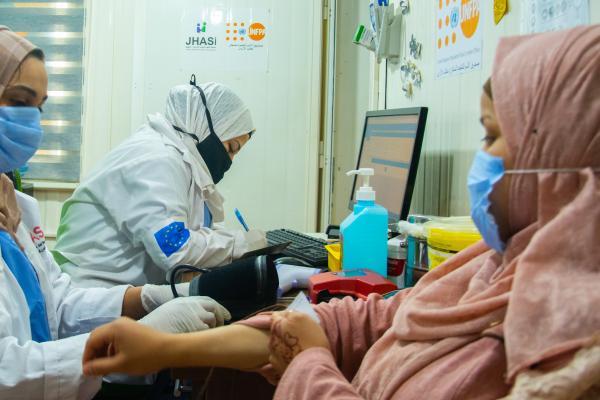
Health is a core sector of humanitarian assistance and a reliable measurement of its impact.
During humanitarian crises, the capacities of healthcare and access to services may be reduced, and the growing morbidity and mortality risks may result in exacerbating health needs...

Les personnes handicapées sont les personnes qui souffrent d’une déficience physique, mentale, intellectuelle ou sensorielle durable pouvant les empêcher de participer pleinement et effectivement à la société.
Information manipulation seeks to distort reality, misrepresent intentions, and sow division within communities. It erodes public trust in institutions – including the EU – and weakens their capacity to manage crises effectively.
